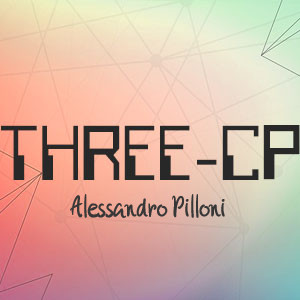
THREE-CP
In the near future, new high-statistics experiments will tremendously improve our sensitivity to detect smaller New Physics signals. However, their precision is hindered by our poor knowledge of the effects of the strong interaction on the final states. The envisioned project deals with strongly interacting systems of three hadrons. As a first milestone, I focus on the decay of heavy mesons into three pseudoscalars, e.g. the decay ?0→?+?−?0. The phenomenological description of the hadronic matrix element introduces an uncontrolled systematics, which limits the precision to extract the fundamental observables. I aim at using dispersion theory to describe more rigorously the interference pattern between the intermediate resonances. This provides a more controlled extraction of the CP violating phases, which implies a better determination of the CKM parameters. As a second milestone, I consider the ? lepton decay into three pions and a neutrino. This system also has three strongly interacting particles in the final state, but their invariant mass is not fixed anymore. A precise understanding of these multiparticle decays will allow one to include them in the determination of several observables relevant for searches of physics Beyond the Standard Model, as the Electric Dipole Moment of the ? lepton. I discuss in detail how these frameworks will bridge the gap between the Flavor Physics and the Hadron Spectroscopy communities, and why these analyses are timely.

Back to Category
